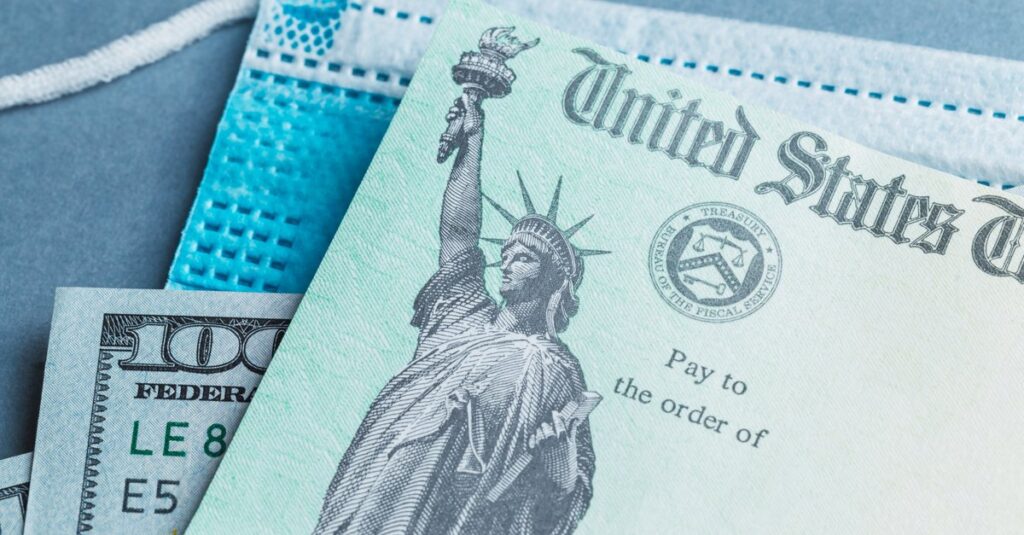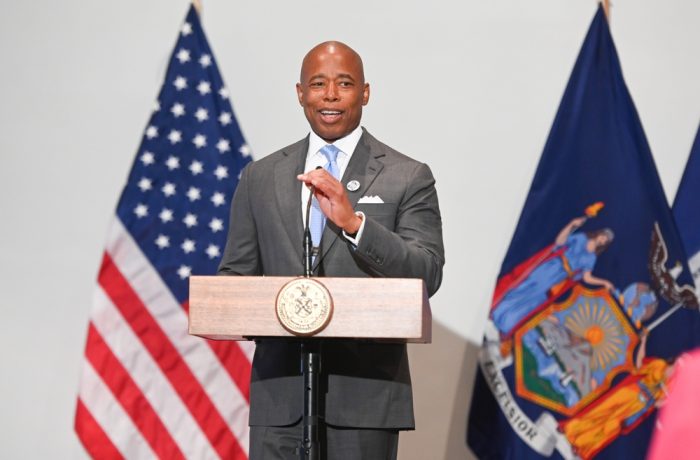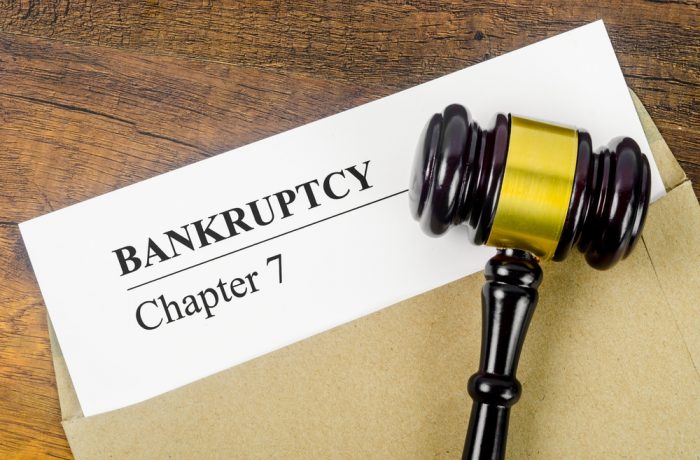By Tiffany Hudson, Alexa Mencia, Joe Khalil, Haley Townsend, Michael Geheren, Fox 8
WASHINGTON (NewsNation Now) — The House of Representatives will vote Friday on the $1.9 trillion COVID-19 relief bill, advancing a top priority of President Joe Biden. Majority leader Steny Hoyer announced the vote on Twitter.
“The American people strongly support this bill, and we are moving swiftly to see it enacted into law,” the Democratic Congressman from Maryland said.
On Monday, the budget committee held the first major vote for the 591-page package, as Democrats continue to debate issues such as raising the minimum wage and how much aid to funnel to struggling state and local governments; the measure passed the panel on a largely party-line vote of 19-16.
Democrats hold a thin 10-vote House majority, which leaves little room for defections in the face of solid Republican opposition to the legislation. They have none in a 50-50 Senate, where the party’s control lies with Vice President Kamala Harris’ tie-breaking vote.
Senate Majority Leader Chuck Schumer Monday maintained the chamber will pass the bill and send the legislation on to Biden for signing before March 14, when the latest round of federal unemployment benefits expire.
“We must act swiftly to put an end to this pandemic and to stem the suffering felt by so many millions,” Speaker of the House Nancy Pelosi said in a statement.
Democrats across the party have shown little indication they’re willing to break with the president’s plan.
“You think very seriously before casting a deciding vote against your own party’s president’s legislative agenda,” said Ian Russell, a longtime Democratic consultant. But he cautioned that lawmakers must decide “for themselves how their vote is going to play out” at home.
“It was the No. 1 priority for progressives,” Rep. Pramila Jayapal, D-Wash., chairwoman of the Congressional Progressive Caucus, said in an interview last week. “This is something we’ve run on and something we’ve promised to the American people.”
An overall relief bill, including the minimum wage boost, is expected to clear the House, and likely the Senate as well.
But the minimum wage boost’s fate is shakier in the Senate, where Joe Manchin of West Virginia, perhaps the chamber’s most conservative Democrat, has said the $15 target is too expensive.
Sen. Kyrsten Sinema, D-Ariz., has suggested she might oppose it, too. She said Democrats shouldn’t whisk it to passage using special rules that would let them avoid a Republican filibuster, which would require an unattainable 60 votes to overcome. Democrats are using a procedural strategy called reconciliation to advance the bill.
The Senate parliamentarian is expected to rule soon on whether the minimum wage provision must be tossed from the bill. Under the expedited procedures Democrats are using, items can’t be included that aren’t principally budget-related, and it’s unclear if Democrats would have the votes to overturn such a decision.
Senate Budget Committee Chairman Bernie Sanders, I-Vt., his chamber’s chief minimum wage sponsor, said Democrats must “act boldly” and approve a package with the minimum wage increase. He answered indirectly when asked if he’d be willing to compromise to keep the plan in the overall bill.
“Every Democrat understands that at this moment in history, this unprecedented moment of pain and suffering for working families, it is absolutely imperative we support the president, that we do what the American people want and we pass that package,” he said in an interview.
Republicans say the proposal is too costly, not targeted to people who most need help, insufficiently prods schools to reopen and is a partisan Democratic power play to ignore the GOP.
“Further aid needs to be smartly targeted so government doesn’t get in the way. But Democrats want to double-down on band-aid policies like they’re planning for another year of stagnation instead of trying to set up success,” Senate Minority Leader Mitch McConnell said on the Senate floor.
“We are in a race against time. Aggressive, bold action is needed before our nation is more deeply and permanently scarred by the human and economic costs of inaction,” Representative John Yarmuth, chairman of the House Budget Committee, said before the vote.
Budget Committee Republicans pushed back on the price tag, which follows $4 trillion in COVID-19 aid last year.
“An estimated $1 trillion of those funds is actually yet to be spent,” Representative Buddy Carter told the committee. “Why do we need to spend an additional $2 trillion of money that is being taken from future generations?”
The bill would provide one-time $1,400 payments to millions of low- and middle-income people, increase child tax credits that could be paid in advance and monthly and provide extra $400 weekly federal unemployment benefits through August. It would also provide hundreds of billions of dollars for state and local governments, shuttered schools, COVID-19 vaccines and testing and struggling airlines, restaurants and other businesses.





